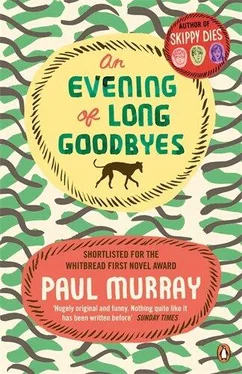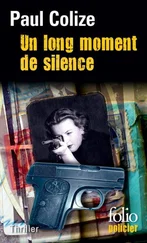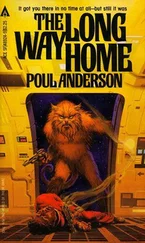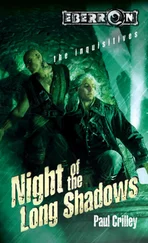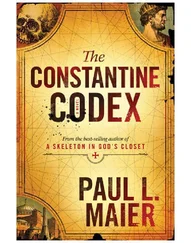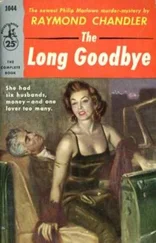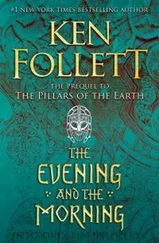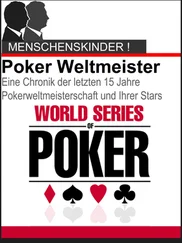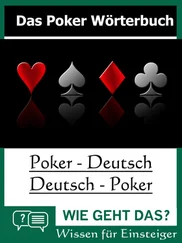‘I’m afraid,’ Yeats would say with a grimace of politesse, ‘that these are the thoughts that afflict old men.’
‘Yes, but, these new ones, they’re not the sort of thing that anyone’s going to read and think, well, that bucked me up, you know, I’d love to meet that Yeats and maybe have a drink with him —’
‘That,’ he’d say, ‘is not the goal of poetry.’ And he’d wheel round and go into the kitchen, and start noisily rattling the dishes round the sink.
Most of the time, however, we steered clear of the divisive subject of poetry, and our conversations went on for hours, stretching far into the night. Yeats especially liked to hear about Father’s work, how from rows of polymers on a whiteboard he knew how to transform a single ordinary face into a hundred different ones that when you looked at them seemed to ring out like steel hitting stone. Sometimes he would get excited and lean forward to me with his elbows on his knees and start gabbing away about masks and anti-selves and how, to live fully in the world, you needed to construct a new personality for yourself that was the exact opposite of your real one. Father used to say things like this too; I never pretended to understand what he meant either.
We spoke often of love, though it seemed that neither of us had any particular flair for it. I told him about Laura, and that whole rigmarole with Patsy and Hoyland, and the beautiful girl in the Folly I’d met minutes before leaving the country for ever. Yeats, for his part, had contrived to fall for the one woman in the world who was immune to his poems. Her name was Maud Gonne; she was a famous actress of the time, and a celebrated beauty. She had dangled him on a string for literally years on end before marrying a policeman named MacBride, a drunkard whom Yeats had always abhorred.
‘I never understood why you didn’t just give up . I mean, when she was obviously a lost cause.’
‘It wasn’t that simple,’ Yeats said, looking abstractedly into the roof beams. It was very late; we were sitting on hard wooden chairs by the kitchen stove.
‘It was perfectly simple, the woman had a heart of pure Bakelite that you couldn’t have melted with a blowtorch. And all this celebrated-beauty business. I’ve seen photographs. She wasn’t so great.’
‘Oh, photographs,’ he scoffed, ‘what do they tell you…’ But his voice faltered: he had never quite got over her. Really she reminded me quite strongly of Patsy. ‘All that we learn,’ he said, ‘we learn from failure. We come back to the business of the masks, Charles. The poet finds his true self in disappointment, in defeat. That’s how he learns to face the world. Maud Gonne was my quest, the transcendent ideal I failed to achieve.’
‘The mountain you failed to mount,’ I quipped, which didn’t go down particularly well.
‘She was a remarkable woman,’ he said softly, studying the fob of his watch. Perhaps he was thinking of their glory days together, when they’d founded the National Theatre that would lead eventually to the Easter Rising; or the time he and she had pushed a coffin through Dublin and thrown it into the Liffey to protest about the King’s visit.
‘I don’t see why you’re always defending her,’ I said, swiping irritably at a moth that fluttered around the lantern. ‘It’s all very well talking about masks and the triumph of failure and so forth, but the fact is that she led you on while it suited her, and then dropped you when it didn’t. You have to watch out for girls like that, Yeats. Especially when they’re actresses, I mean really you’re asking for trouble there.’
He took a handkerchief from his breast pocket, spread it out on his lap, carefully folded it again and returned it to his pocket. ‘Perhaps every woman is an actress when love is the stage,’ he mused; and before I could puzzle out what he meant, he went on, ‘But what about that actress you’re so obsessed with? The girl with the man’s name?’
Did he mean Gene? Because that was totally different: because what captured me about Gene was that — although she may have dated princes, danced with Picasso, attended lavish parties in the Hollywood of the 1940s — she only seemed to truly exist when she was up there on the screen; where she appeared, no matter what role they cast her in, only as herself, shimmering through every scene like a double-exposure, like some panicky spirit-creature they had trapped between lights and glass –
‘Aha!’ Yeats leaned back in his chair beaming delightedly, like the teacher whose recalcitrant pupil has blundered into iterating a truth. ‘So it’s her bad acting you love her for! And your sister, she’s not a real actor either, I take it?’
I didn’t quite see what he was getting at, and I felt my cheeks crimsoning. ‘Well, she isn’t,’ I said defensively. ‘I know she thinks she is. But it seems to me that Bel’s far too preoccupied with her own life to actually do it. I mean she’s always too busy fighting with Mother or haranguing me or swanning about with some oaf. That’s her true calling, if you ask me. Though obviously I’d be far too frightened of her to actually say it.’
‘Do you know, Charles, I think all this time we’ve secretly been in agreement…’ and with a dry chuckle he rose to trim the wick.
On some evenings, after we’d been talking, he’d fall into deep silences, and I’d know that he was brooding over Maud and thinking of what might have been. At times like these I would remind him of his Nobel Prize, which was usually enough to cheer him up; or else we’d go to the dog-track and watch the greyhounds.
The races were nothing like the one I’d seen with Frank: the track was marked out in complicated chalk divisions, with flags at certain points around it, and the dogs had unearthly sounding, occultish names like Hecate and Isis. The sun could still be quite hot and Yeats insisted on wearing his absurd sombrero with the enormous brim that obscured most of his face. This wasn’t to say that he didn’t take the whole business very seriously. He always brought along a sort of almanac, into which he scrawled feverishly for the duration of the race. He was very mysterious about it, guarding it jealously with his arm. I presumed it was some kind of racing form; but on the couple of occasions I managed to peek over his shoulder, all I could see were strange runes and astrological diagrams. He refused to explain what they meant; nor would he disclose why he seemed far more interested in the patterns made by the various dogs during the race than who actually won it. Instead he limited himself to arcane remarks about connectedness.
‘What does connectedness have to do with anything? It’s a race, isn’t it? I mean, the only question is will this Shiva win and we can buy that fancy samovar you liked, or won’t she, in which case we’ll have to stick with the regular teapot —’
‘The shape of things, Charles,’ he replied, a hermetic smile flashing beneath the brim of the sombrero. ‘Isn’t that rather the more interesting question? How can we know the dancer from the dance?’
‘I don’t know,’ I said. ‘Look, there’s one of those snack vendors. Run over and buy us some hot dogs, why don’t you.’ When he returned, as I chewed down the warm spicy meat, I wondered what extra information he could be searching for, when we had everything anyone could possibly want right here in front of us. Tan-skinned natives cheered around me, raising their hands as the dogs approached the finish-line; I looked away to the sun setting over the ocean, and wished for an instant that Father could be here to see it. He would have liked it here, up on this little corral east of the mountains with Yeats and me: old hunters, talking with gods.
Читать дальше
